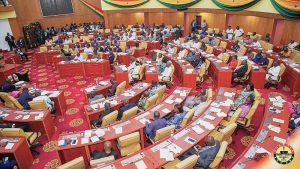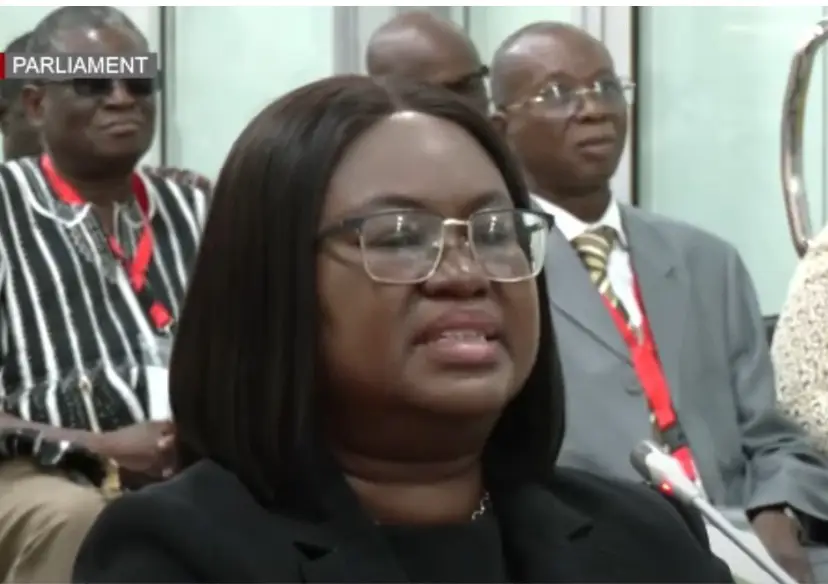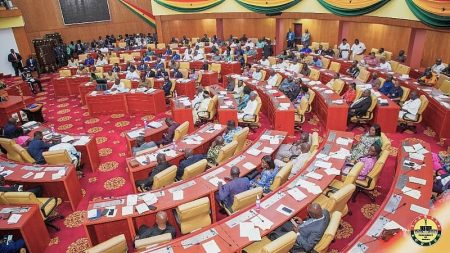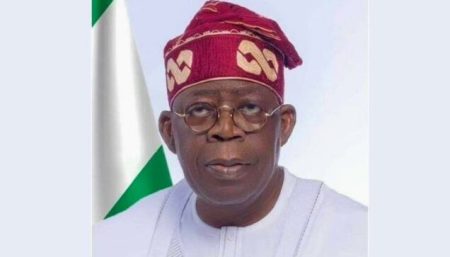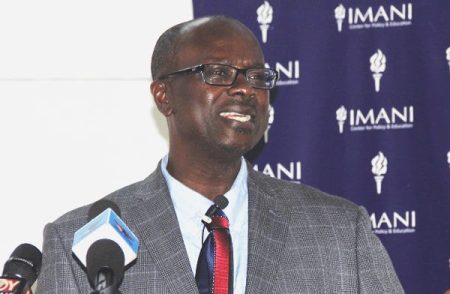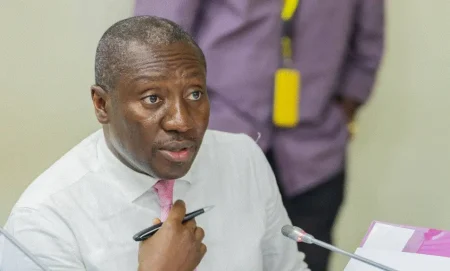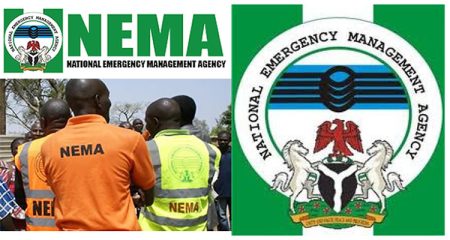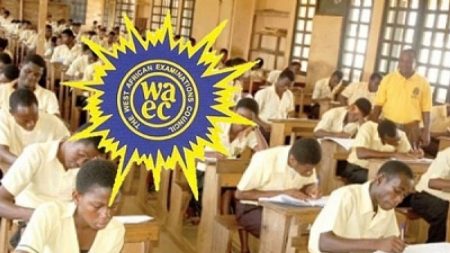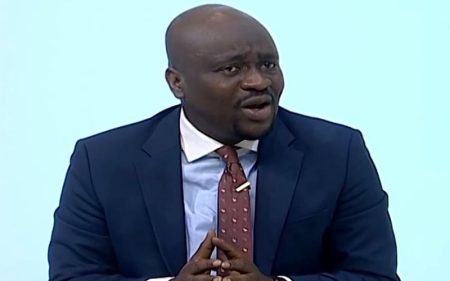Justice Hafisata Amaleboba, a Supreme Court nominee, addressed the Parliament’s Appointments Committee on Wednesday, June 18, 2025, to discuss concerns regarding religious freedom in faith-based schools, particularly Catholic institutions. The core issue revolves around the potential infringement of Article 21(1)(c) of the Constitution, which guarantees the right to freely practice and manifest one’s religion. Some argue that requiring students in these schools to participate in religious activities constitutes compelled practice, violating their constitutional rights. Justice Amaleboba, however, firmly rejected this argument, asserting that such participation is voluntary and not a violation of constitutional freedoms.
Her central argument hinges on the concept of informed consent. Justice Amaleboba emphasized that students and their families are fully aware of the religious culture and codes of conduct within these institutions before enrollment. This pre-enrollment knowledge and subsequent decision to attend, she argues, transforms participation in religious activities into a voluntary act, not a compelled one. She reiterated this point several times, highlighting that students are not being forced to do anything they haven’t already agreed to by choosing to attend the institution. The act of enrollment itself, with prior knowledge of the school’s religious expectations, signifies acceptance of those expectations.
Justice Amaleboba also articulated the principle that rights are not absolute and can be subject to reasonable limitations. She explained that these limitations can arise from considerations of public interest and institutional codes of conduct. In the context of faith-based schools, the institution’s religious character and expectations form part of the framework within which individual rights are exercised. This framework, she implied, is transparent and known to prospective students, making their subsequent adherence to school practices a matter of voluntary agreement, not coercion.
Furthermore, Justice Amaleboba acknowledged the diverse religious backgrounds of students attending faith-based schools. While recognizing that some students might feel pressured to participate in religious activities that differ from their personal beliefs, she maintained that such participation is still rooted in the initial agreement established upon enrollment. She acknowledged the potential tension between institutional expectations and individual beliefs but emphasized that the voluntary nature of enrollment mitigates claims of compelled practice.
While upholding the voluntary nature of participation, Justice Amaleboba also suggested that schools could explore ways to accommodate students’ diverse religious needs, allowing them to practice their own faiths while respecting the overarching institutional culture. This suggestion acknowledges the potential for discomfort or conflict experienced by students whose personal beliefs differ from the school’s religious orientation. It offers a pathway towards fostering inclusivity and respecting diverse religious expressions within the framework of faith-based education.
Finally, Justice Amaleboba encouraged anyone who believes their rights are being infringed upon to pursue legal recourse through the appropriate judicial channels. This statement underscores the importance of legal avenues for addressing perceived violations and ensuring the protection of individual rights. It reinforces the idea that while institutional codes of conduct are valid, they must still operate within the framework of the law and respect fundamental constitutional guarantees. This provision of legal recourse ensures that individuals who feel their rights are being violated, despite the principle of voluntary enrollment, have a mechanism to seek redress and clarification.


